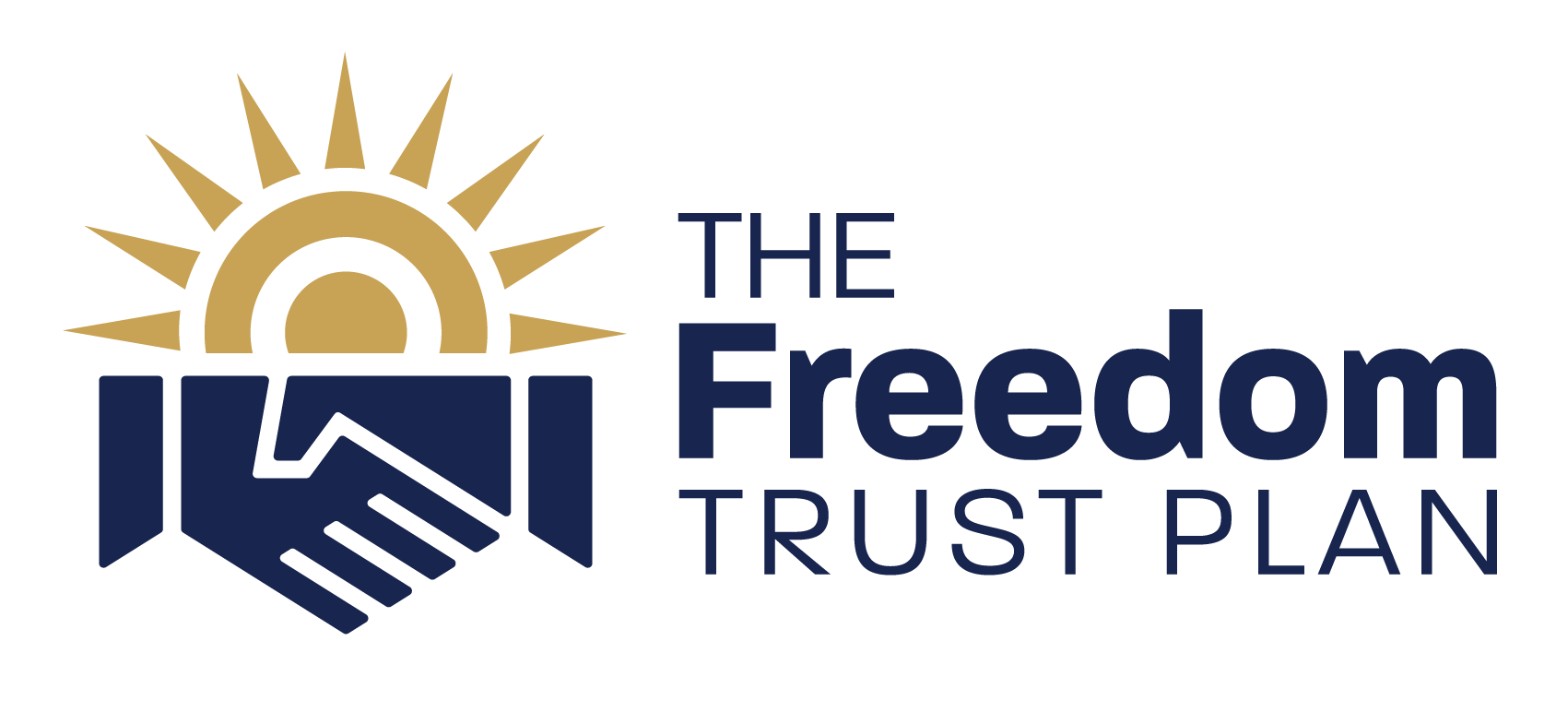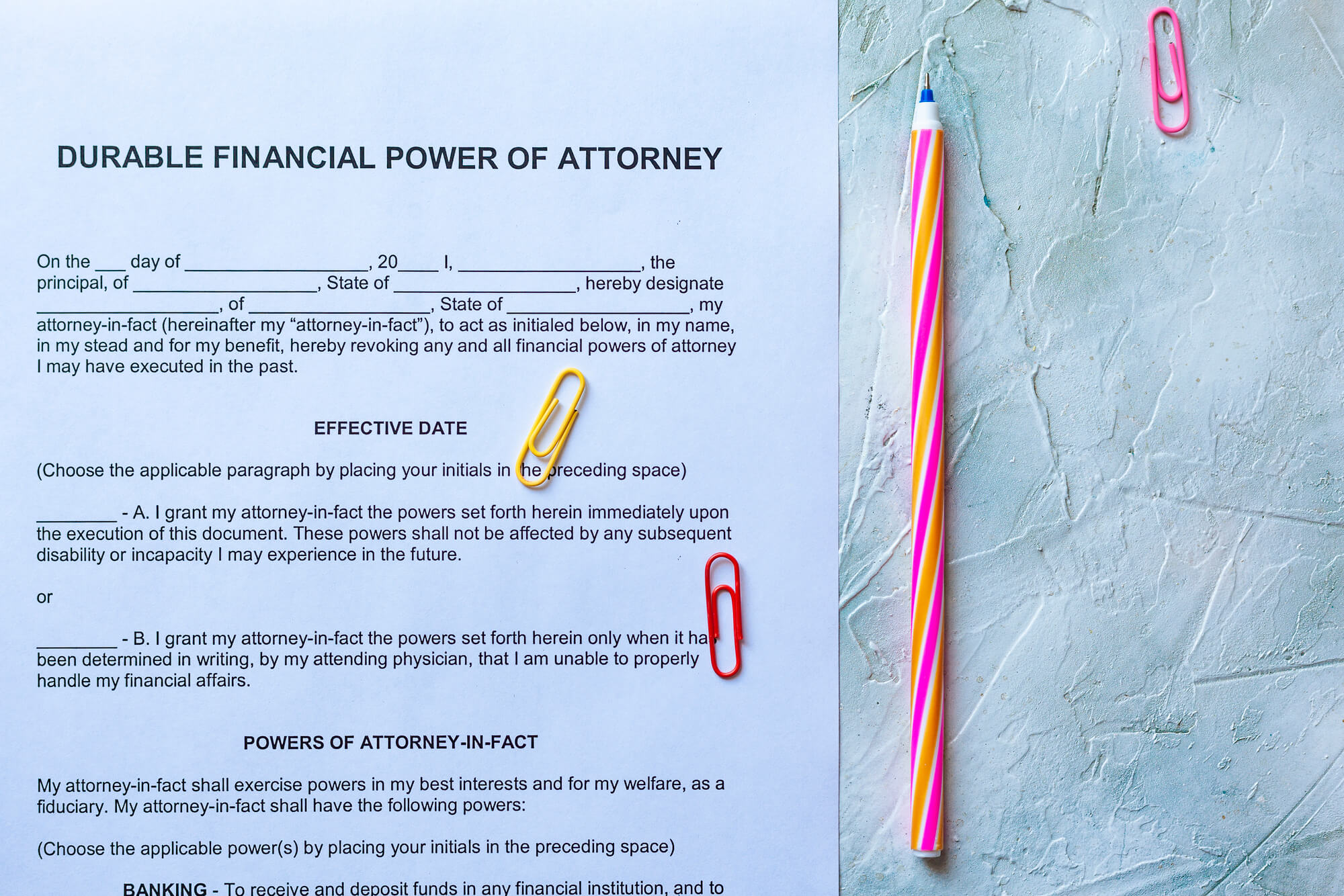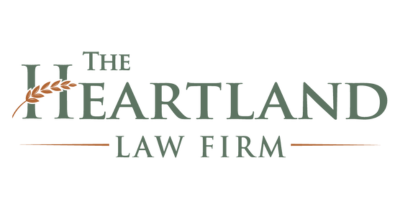Probate is a process that many people wish to avoid when it comes to managing their estates. It can be costly, time-consuming, and it exposes your personal and financial affairs to public scrutiny. Fortunately, there is a solution to help you bypass these issues: creating a trust. In this blog post, we’ll explore how a trust can be a valuable tool for ensuring a smoother transition of your assets after you pass away while avoiding the hassles of probate.
Understanding Probate
First, let’s clarify what probate is and why it’s often viewed as a cumbersome process. Probate is a legal procedure that occurs after an individual’s death. During probate, the court authenticates the deceased person’s will (if they had one) and then oversees the distribution of their assets to heirs and beneficiaries. The probate process typically involves the following steps:
- Filing a petition: The process begins with someone (usually an executor or a family member) filing a petition with the local probate court to open the estate and initiate the probate process.
- Notification: Creditors, heirs, and beneficiaries are notified about the death of the individual, and an announcement is made to allow anyone with a claim on the estate to come forward.
- Validating the will: If there’s a will, the court must verify its authenticity. This often involves locating witnesses to the will and ensuring it complies with legal requirements.
- Inventory and appraisal: The estate’s assets are identified, appraised, and often sold to cover debts and taxes.
- Debt settlement: Debts and taxes owed by the deceased are settled from the estate’s assets.
- Asset distribution: Finally, the remaining assets are distributed to the beneficiaries according to the will, or if there’s no will, state laws of intestacy.
The Downsides of Probate
While probate serves an essential purpose in ensuring a fair and orderly distribution of assets, there are several downsides that can make it a less appealing option for those looking to pass on their assets:
- Costs: Probate can be expensive. Court fees, attorney fees, appraisal costs, and other administrative expenses can add up quickly and reduce the overall value of the estate.
- Time-consuming: Probate proceedings can take a long time. The duration varies depending on the complexity of the estate and whether any disputes arise. It’s not unusual for probate to last several months, and in some cases, it can extend to several years.
- Public process: Probate is a public process, which means that the details of the estate, including its assets and liabilities, become part of the public record. Many people prefer to keep their financial affairs private.
- Inflexibility: Probate may not always follow the deceased’s wishes. It can lead to delays, disputes, and decisions made by the court that may not align with what the deceased intended.
Given these downsides, it’s no wonder that many individuals and families seek alternatives to probate. One of the most effective solutions is to create a trust.
The Power of Trusts
A trust is a legal entity that holds and manages assets for the benefit of one or more individuals or entities, known as beneficiaries. Trusts come in various forms, but the most common types include living trusts (revocable and irrevocable) and testamentary trusts. Let’s explore how trusts can help you avoid the hassles of probate.
- Avoiding Probate: The primary advantage of using a trust is that it allows your assets to bypass probate. When you transfer assets into a trust, they are no longer considered part of your probate estate. This means that your beneficiaries can receive their inheritances more swiftly and with fewer complications.
- Privacy: Trusts offer privacy. Unlike probate, which is a public process, the details of a trust remain confidential. Your financial affairs are shielded from prying eyes, and your beneficiaries can inherit their assets without the public disclosure that comes with probate.
- Reduced Costs: While creating a trust typically involves some legal and administrative costs, it’s often more cost-effective than probate in the long run. Avoiding probate means avoiding many of the associated fees and expenses.
- Customization: Trusts are highly customizable. You can specify precisely how and when your assets are distributed to your beneficiaries, allowing you to tailor your estate plan to your unique circumstances.
- Asset Protection: Some trusts, such as irrevocable trusts, offer an added layer of asset protection. They can shield assets from creditors, legal judgments, and potential claims.
Choosing the Right Trust for You
To leverage the benefits of a trust, you’ll need to choose the right type of trust that aligns with your estate planning goals. Here are a few common types of trusts:
- Revocable Living Trust: This trust allows you to maintain control of your assets during your lifetime while specifying how they should be distributed upon your death. It’s flexible and can be altered or revoked as long as you’re mentally competent.
- Irrevocable Trust: An irrevocable trust transfers your assets out of your estate, making them exempt from both probate and estate taxes. Once established, it’s challenging to change or revoke this type of trust.
- Testamentary Trust: This trust is created in your will and only takes effect upon your death. While it will go through probate, it can serve specific purposes, such as protecting assets for minor children or individuals with special needs.
- Charitable Remainder Trust: If you have charitable intentions, this trust allows you to provide income to beneficiaries (often yourself or your spouse) during your lifetime and donate the remaining assets to a charitable organization upon your death.
- Special Needs Trust: This trust is designed to provide financial support to individuals with disabilities while preserving their eligibility for government benefits.
Choosing the right trust depends on your financial situation, goals, and preferences. Consulting with an experienced estate planning attorney is crucial to ensure that your trust is tailored to your specific needs.
The Bottom Line
Probate can be a lengthy, costly, and public process, often adding stress to an already difficult time for your loved ones. Creating a trust can offer an effective way to bypass probate, maintain privacy, and ensure that your assets are distributed according to your wishes. If you’re considering estate planning, it’s essential to consult with a qualified attorney who can help you choose and establish the right trust to protect your assets and provide for your beneficiaries.
By taking the time to plan and set up a trust, you can provide peace of mind for yourself and your loved ones, knowing that the transition of your assets will be as smooth and hassle-free as possible.







